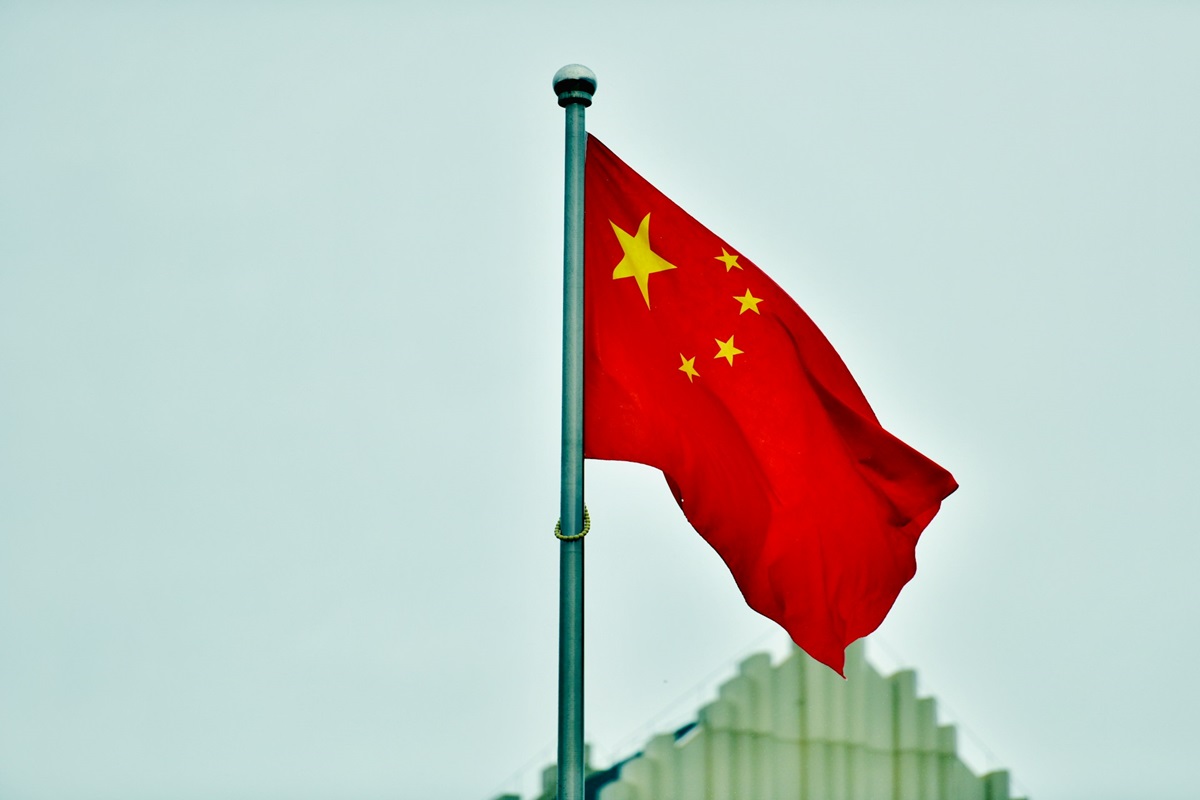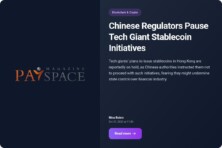In China, local financial institutions have cut their benchmark lending rates after the launch of the so-called easing strategy by the Asian country’s central bank last month.

It is worth mentioning that in September, the People’s Bank of China announced a series of measures aimed at reviving economic growth and improving the situation in the real estate market, which has been on a consistent downturn trajectory over the past few years. The one-year loan prime rate in the Asian country was cut to 3.1%. It is worth noting that before the lowering, the corresponding figure was 3.35%. The five-year loan prime rate in China is currently at 3.6%. The previous reading of this indicator was 3.85%.
The size of the cut is at the upper bound of the 20-25 basis points range. People’s Bank of China Governor Pan Gongsheng has repeatedly predicted relevant decisions since September. It is worth noting that economists surveyed by the media expected a smaller-scale lowering of lending rates.
The cuts to the loan prime rate, which is set by a group of big Chinese banks, came after the Asian country’s financial regulator announced a suite of measures last month aimed at encouraging households and companies to borrow money. The relevant solutions, among other things, provide for lowering interest rates and unlocking liquidity to encourage bank lending.
Beckly Liu, head of China macro strategy at Standard Chartered Plc., said that the larger-scale cuts in borrowing costs confirm the position of the Asian country’s financial regulator aimed at more rapid monetary easing.
Against the background of the news about the actions of Chinese banks, the offshore yuan exchange rate showed almost no changes, being at around 7.12 per dollar. The yield on thirty-year government bonds has also remained virtually unchanged. The corresponding figure is 2.3%.
China’s top political leadership last month called for substantial interest rate cuts. The authorities of the Asian country also noted the need to take measures aimed at improving the situation in the real estate market. It is worth noting that the state of affairs in the mentioned market is a deterrent to economic growth. Solving this problem is important not only in the context of a separate space but also in terms of its impact on a large-scale level, affecting to one degree or another the entire Asian country in a material and financial sense.
China’s economic system, which is currently the second largest in the world, is facing what can be described as an insufficiency of upward dynamic momentum. Many analysts and experts had high hopes that after the lifting of all restrictive measures that came into force during the coronavirus pandemic, rapid economic growth would be recorded. The corresponding expectations did not coincide with what can be called the final reality. Currently, Beijing needs sources of growth. The stimulus package for reviving the economy, which was announced last month, is evidence that the Chinese authorities are aware of the mentioned problem. In this context, it is also worth noting that the specified incentive measures as an objectively existing fact are very indicative. Within the framework of Beijing’s traditional communication strategy as a political center, detailed statements on economic problems are not provided. The announced incentive measures are an example of a situation where actions characterize the factual reality better than official rhetoric. Beijing refrained from publicly discussing economic problems but decided on actions aimed at improving the current state of affairs.
The package of measures announced last month to stimulate economic growth has become a factor in the increase of Chinese stocks. Over time, this upward momentum weakened as investors perceived Beijing’s mentioned decisions as insufficient to achieve the goal. Then the Chinese authorities pledged additional incentive measures. Besides, the problems in the real estate market, negative factors in terms of economic growth opportunities in the Asian country are also the low level of consumer demand and a drop in export activity. It is worth noting separately that recently it has been the external supply of products that has been a kind of pillar for the world’s second-largest economy. Chinese exports slowed significantly in September.
Beijing’s goal is economic growth of about 5% in 2024. Against the background of the current problems, the materialization of the corresponding result is what can be described as a perspective containing more theoretical than practical probabilities. In the first quarter of 2024, the world’s second-largest economy grew by 5.3% year-on-year. This result could be described as evidence of the high realism of Beijing’s mentioned goal, but the subsequent dynamic signaled a darker outlook. In the second quarter of 2024, China’s economic growth slowed to 4.7% year-on-year. In this case, there is a clear deterioration in the dynamic of the indicator.
Bruce Pang, chief economist for Greater China at Jones Lang LaSalle Inc., said that the larger-than-expected loan prime rate cuts are meant to contribute to the stabilization of the property market.
It is worth noting that currently, the financial regulator of the Asian country is also signaling its intention to expand actions to ease monetary policy. Last week, Pan Gongsheng once again stated that the People’s Bank of China may lower the reserve requirement ratio, which frees up cash for financial institutions to lend. According to him, by the end of the current year, the corresponding indicator may be cut by another 25-50 basis points. He also noted that the scale of lowering the reserve requirement ratio will depend on the liquidity situation.
The prevailing opinion among experts interviewed by the media is that the People’s Bank of China will no longer cut interest rates this year. According to them, the relevant decisions of the financial regulator of the Asian country are possible in 2025.
Xiaojia Zhi, head of research at Credit Agricole CIB, said that the People’s Bank of China may begin to act more aggressively in the context of monetary easing if there are serious shocks to economic growth and financial markets. According to the expert, within the framework of the relevant scenario, the mentioned actions will become a tool for countering negative factors.
In the context of the current description of the situation in the space of the world’s second-largest economy, it is worth noting that in this case, the circumstances that form a difficult state of affairs are not only internal but also external factors. Nowadays, there is an increase in tension in the geopolitical area. One of the most characteristic manifestations of this state of affairs is the consistent deterioration of relations between Beijing and Washington. It is also worth noting that the current geopolitical tension shows no signs of declining and does not contain such conditions and circumstances that could be described as signals that the situation will improve in the foreseeable future.
As for the state of affairs in the Chinese real estate market, in this case, it is worth noting that nowadays in the Asian country, there are processes that are factors in decreasing demand for housing. In this case, it implies a slowdown in the pace of urbanization and a decrease in population. In a certain sense, these processes are fundamental and structural. Overcoming the mentioned factors will require significant large-scale efforts.
There is also currently a risk that China will face a prolonged period of weak economic growth. The corresponding state of affairs could potentially continue as long as Beijing works out its debt problems. It is worth noting that Japan has a similar experience. This country has experienced the so-called lost decade. The corresponding period began when real estate and stock market bubbles burst in Japan in 1990. China can repeat the appropriate experience, but this scenario is still not inevitable. At the same time, the announced economic stimulus measures are likely to be expanded to avoid a negative scenario.









